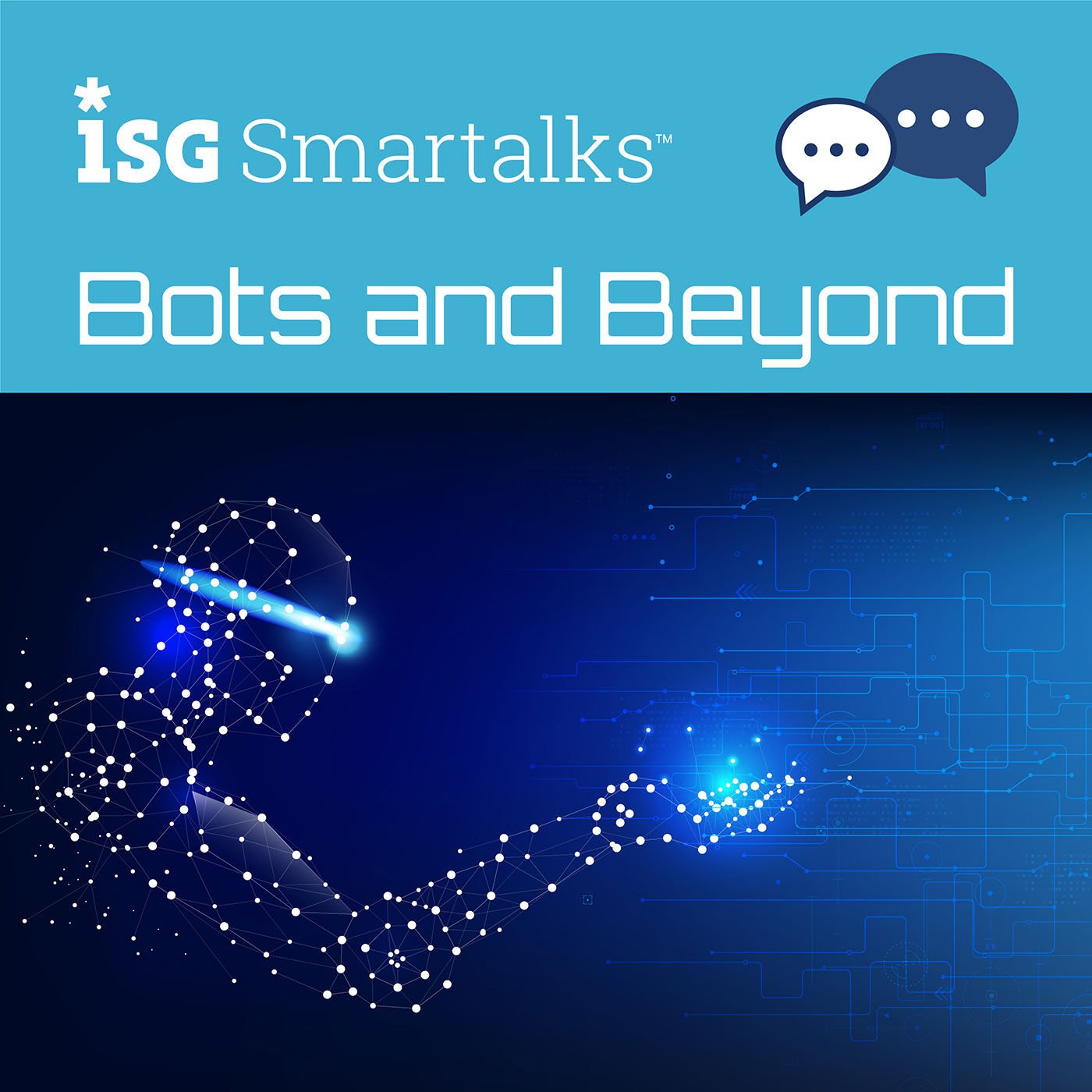Microsoft announced this week its plans to acquire Nuance Communications, a pioneer in voice recognition and natural language understanding. A press release from Microsoft made clear the $19.7 billion acquisition was to bolster its ambitions in the healthcare market, but it falls short of giving a satisfying explanation for the hefty purchase price.
Nuance’s expertise in machine learning means it is a natural fit for the tech giant’s expansive research organization. Microsoft also will likely leverage Nuance’s existing suite of machine learning products and treasure trove of training data to enhance its language-understanding product portfolio.
Since several Nuance services already use Azure as their underlying cloud platform, Microsoft may be able to encourage customers of those services to use more of its cloud services as a result of the deal. Microsoft’s sales organization will almost certainly drive additional adoption of Nuance’s existing services, beyond what the company was capable of independently.
It will likely take months, if not years, after the close of the acquisition for these benefits to manifest in Microsoft’s overall product portfolio. In the near term, the deal will likely help Microsoft pitch enterprise customers on its forthcoming healthcare-focused public cloud offering.
This acquisition is part of an ongoing arms race among major technology companies to build and buy machine learning-based software and services to stay at the forefront of the artificial intelligence revolution. All of Microsoft’s major competitors have made their own machine learning-focused acquisitions in the past several years, and ISG expects this trend to continue well into the future as innovation in this realm continues.
Machine learning models and experience in application
Nuance brings Microsoft successful machine learning models for the healthcare and contact center sectors. The models and the products they underpin will be valuable for Microsoft because they address critical market needs with advanced technology, and have the potential to unlock additional value through a technique known as transfer learning.
In a nutshell, transfer learning allows data scientists to use existing models that are capable of performing one task as the foundation for another related task. This could help Microsoft release products that use Nuance voice technology to whole new markets.
Because Nuance has the experience of deploying and operating these models for customers, Microsoft can easily integrate these capabilities into its other products. Building Nuance’s contact center services into Dynamics 365 Customer Service, for example, would be a logical choice.
Training data
Machine learning systems work by taking in large volumes of labeled data (known as training data) and using it to create models that can perform specific tasks based on patterns in that information. Acquiring and labeling this data is difficult and time-consuming, which makes it incredibly valuable, especially because machine learning systems require massive amounts of it to produce the most accurate results.
Nuance’s has a wealth of training data that intersects with Microsoft’s business priorities. This data will foster continued advancement of the machine learning capabilities Nuance has built, as well as open up new avenues of development for Microsoft.
Microsoft could use an infusion of voice training data, especially since its Cortana voice assistant hasn’t fared as well as its competitors. The company will most certainly use Nuance’s training data to enhance its own speech recognition and natural language understanding services.
Research capability
Microsoft Research has a robust presence on the east coast of the U.S., with a dedicated lab in Cambridge, Massachusetts, where Nuance also is headquartered. This means the acquired company’s machine learning experts can work in house at Microsoft and augment the already cutting-edge research team. By working together, these researchers may be able to produce more breakthroughs for applying machine learning to voice recognition and language understanding.
Defense against potential rivals
Microsoft’s acquisition also benefits the company by preventing its competitors from snapping Nuance and all its resources up for themselves. This way, Microsoft doesn’t have to worry about competing against other cloud vendors that, having acquired Nuance’s customer base, would seek to move them away from Azure.
All told, this deal unlocks a great deal of potential benefit for Microsoft and its enterprise customers, since those customers will be able to reap the rewards of Nuance’s specialized language models in their own markets.



